Nanotechnology enhances Geothermal Heat Exchangers, increasing efficiency and supporting carbon neutrality by improving heat transfer, reducing energy use, and ensuring durability.
All posts tagged: carbon emissions
Decarbonizing Coal to Secure a Sustainable Energy Future
The global energy transition is perhaps the biggest challenge of our era, but Oceanit is actively working on developing technologies to decarbonize current energy production methods. These technologies give us the time needed to forge a path to sustainable and renewable energies.
Estimating CO2 Emissions from Global Refineries Due to Heat Exchanger Fouling: A Comprehensive Analysis
fouling is a major issue, often leading to a decrease in heat transfer efficiency and an increase in energy consumption and CO2 emissions. Fouling types can range from particulate, biological, chemical, and composite, each posing unique challenges and requiring varied mitigation strategies.
Estimating CO2 Emissions from Global Power Plants Due to Heat Exchanger Fouling: A Detailed Assessment
Introduction Heat exchangers are integral components of power plants worldwide, playing a pivotal role in the generation of electricity. However, the efficiency of these vital components is […]
POWER Magazine | Improving Power Plant Efficiency with Nanocomposite Surface Treatments
heat rather than converted to usable power. The sheer amount of lost potential and wasted fuel is almost unfathomable, and so preventing even a fraction of that loss means significant savings in both costs and emissions.
Recent Posts
- Boosting Heat Exchanger Efficiency in the Era of Energy Expansion
- Advanced High-Temperature Heat Exchanger Materials with HeatX in Industrial Implications
- The Impact of Digital Twin Technology with HeatX on Heat Exchanger Maintenance in the Oil & Gas Sector
- Innovative Heat Exchanger Solutions by HeatX: Supporting America’s Energy Goals
- Improving Heat Pump Performance in Extreme Weather with HeatX
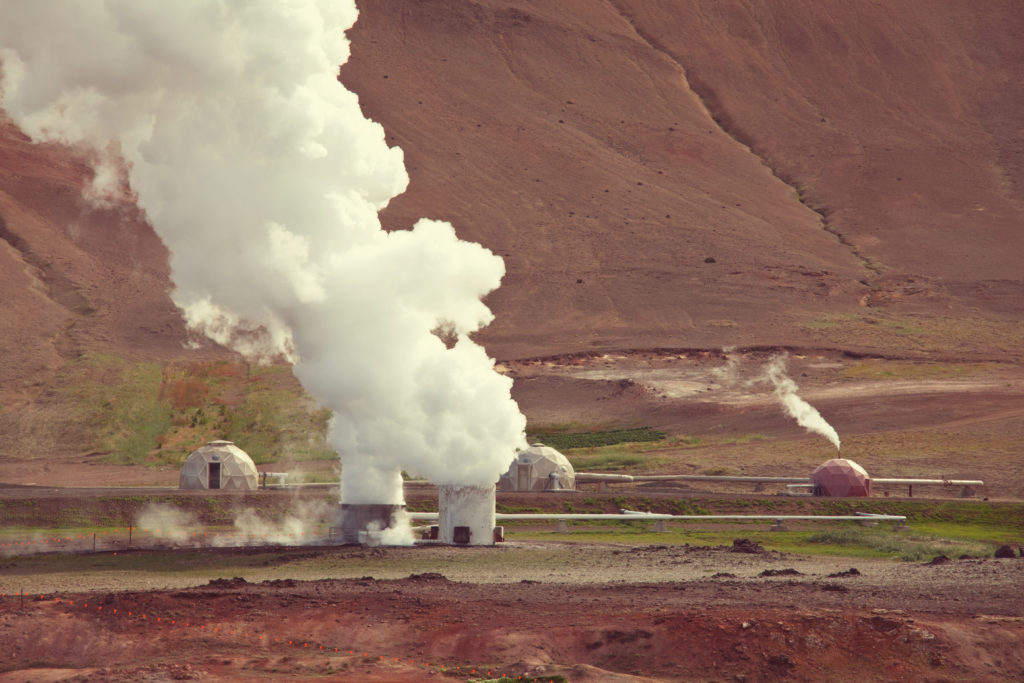
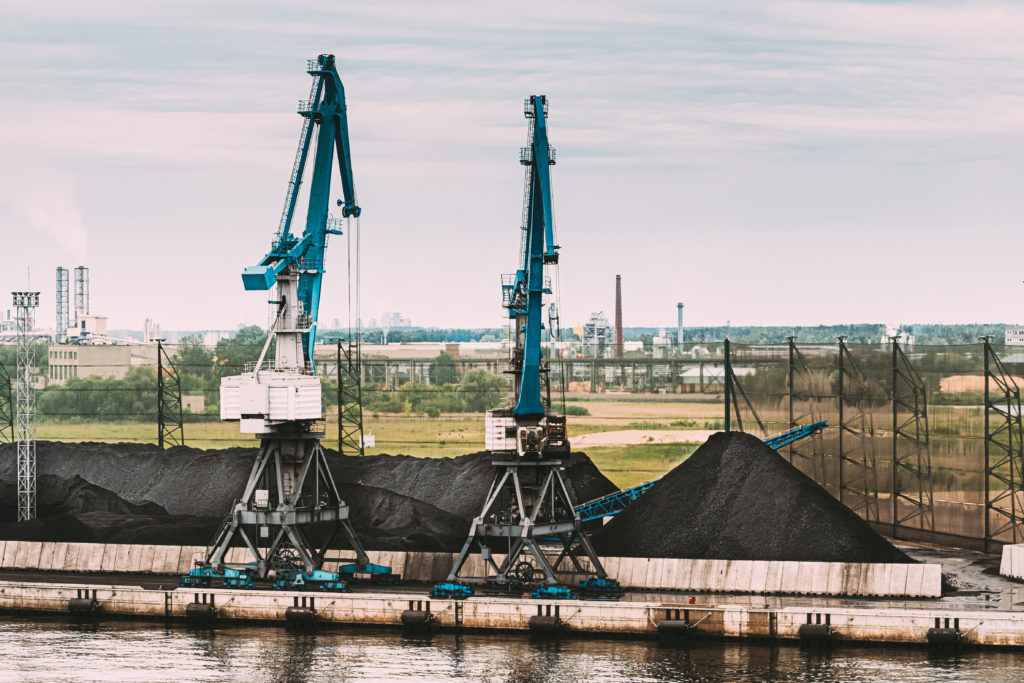
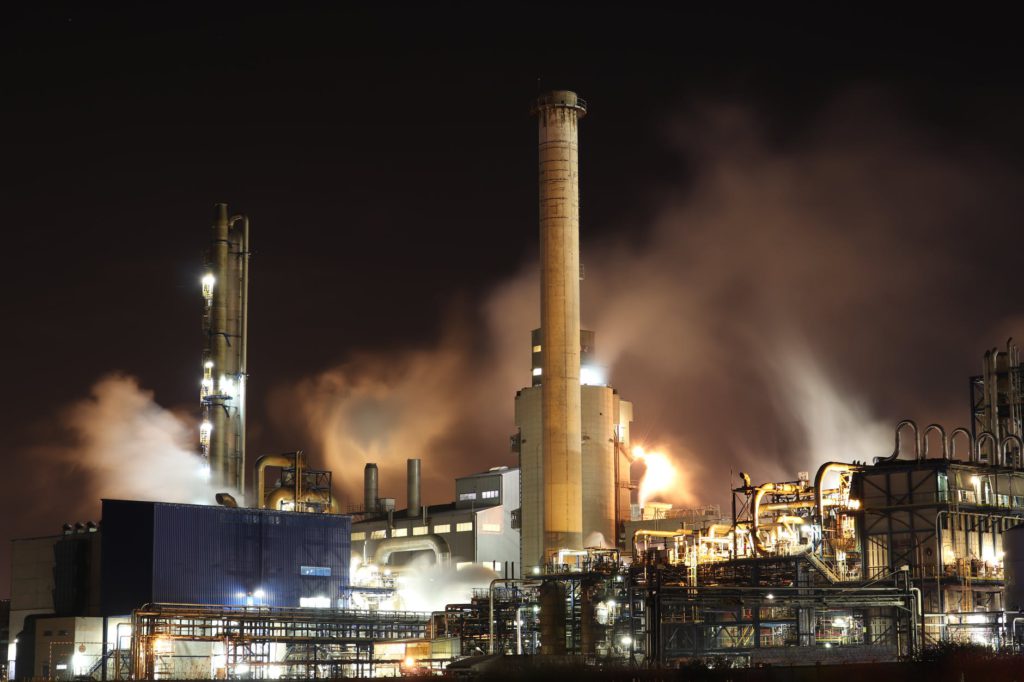
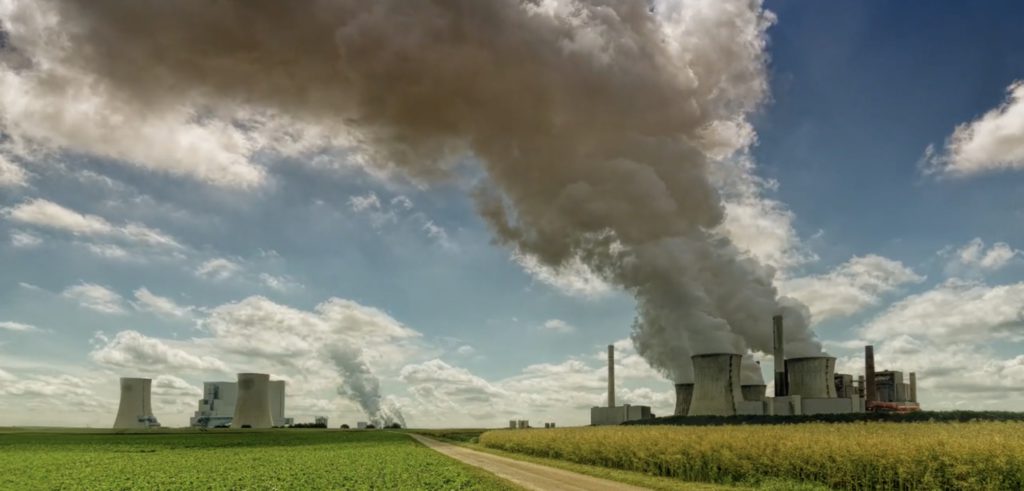
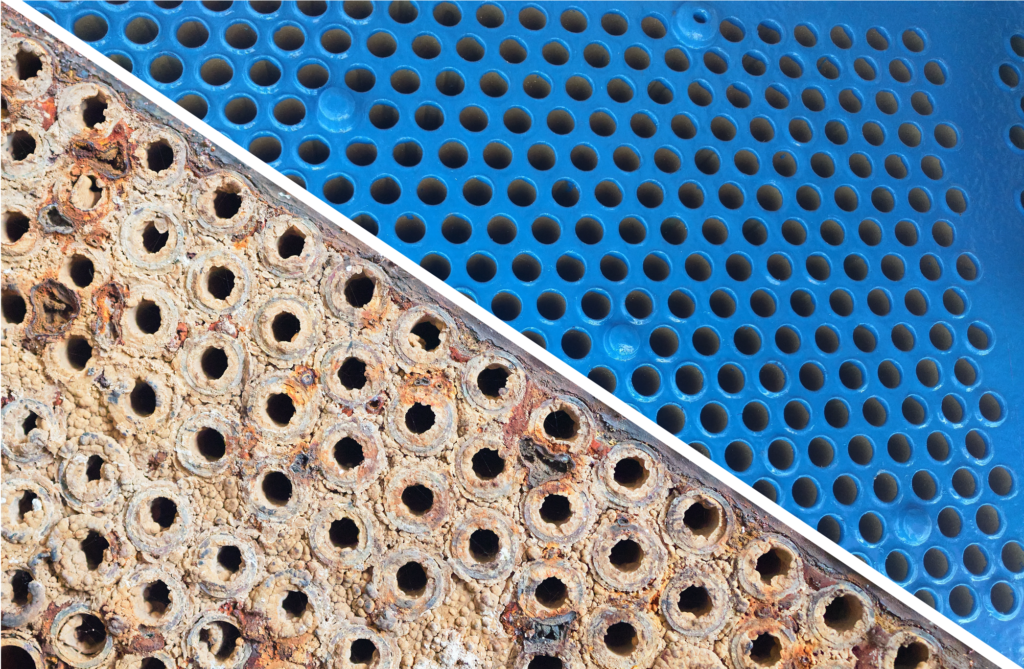
Recent Comments